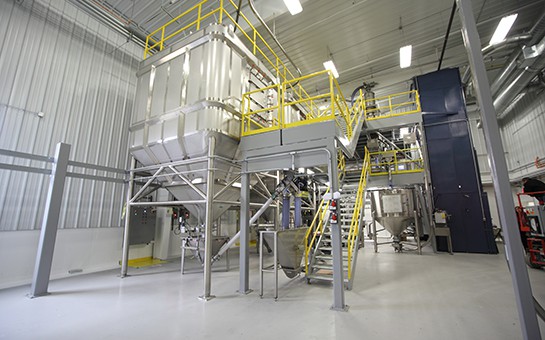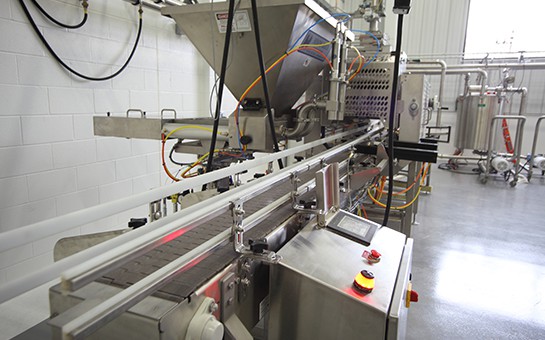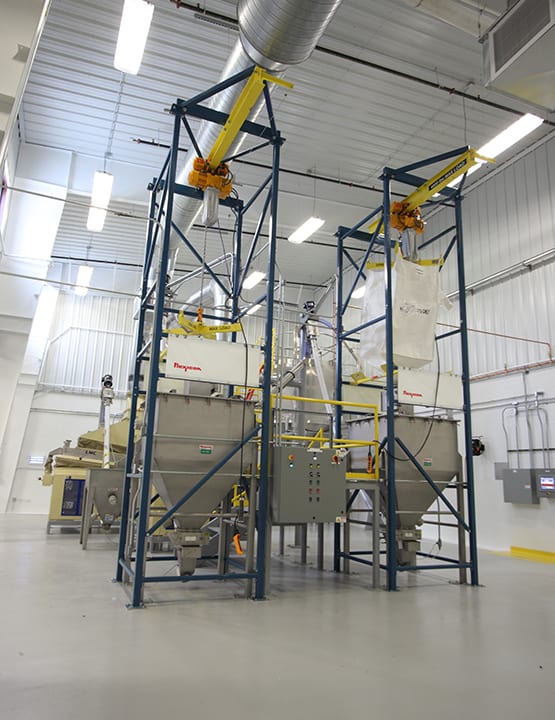Integrated facility expansion and process automation for high-throughput, allergen-safe food production
I recognized that Re:Build Optimation had a lot of expertise there and a lot of transplanted ex-Kodak people that really knew a lot about all sorts of manufacturing, manufacturing processes and could do equipment installs and refurbishing. They fill a void because it’s as close to having that expertise under your roof as it can be without actually hiring people full time.
– ROBERT GELSER, PRESIDENT AND GENERAL MANAGER OF ONCE AGAIN NUT BUTTER
A U.S.-based food manufacturer needed to expand its nut butter production capabilities to meet increasing demand, reduce production costs, and comply with evolving food safety requirements. The company planned to build a new 40,000-square-foot facility dedicated to peanut butter production, with a critical requirement to isolate peanut processing from other allergen-sensitive operations.
The manufacturer had historically managed equipment installation in-house but found it increasingly difficult to coordinate across vendors and trades during a multi-phase expansion. They sought a local partner that could deliver engineering, fabrication, construction, and automation services under one roof, with the experience to handle the entire project lifecycle and provide ongoing support.
Re:Build Optimation served as the turnkey project partner, beginning with preliminary process layouts, flow diagrams, and equipment sizing developed alongside a third-party peanut butter process consultant. The team completed detailed engineering, integrated the process design with the building architecture, and prepared full specification packages and coordinated layouts for roughly 400 fabricated and purchased components.
Engineering, fabrication, and field services were aligned to ensure seamless integration with existing systems. Skilled trades fabricated and installed custom equipment and structures, while millwrights and electricians installed all process equipment, utilities, and piping. Automation engineers delivered PLC- and HMI-based controls, supported system startup and debug, and ensured the expanded production line met food safety standards and operated reliably with minimal downtime.
The turnkey solution included:
Despite equipment arriving without detailed drawings or controls, Re:Build Optimation’s in-house controls engineering team adapted quickly, adding custom control panels and electrical disconnects to fit the facility’s needs.
The upgraded facility allowed the client to scale peanut butter production significantly while reducing operational risk, labor content, and cost. Designed with growth in mind, the plant can accommodate new equipment to double output again in the future. By partnering with Re:Build Optimation, the client gained a trusted long-term partner capable of supporting both immediate needs and future expansion.



Let’s talk about your unique challenges and how Re:Build Optimation can help you.